Kicking off the last of the top 15 of All World Travel’s MegaLists Series, we highlight the finest 218 national parks globally. Stay tuned for further park unveilings and savor the current selection.
13. Lakes District, United Kingdom
The Lake District National Park, nestled in the northwest corner of England, is a picturesque landscape of lakes, mountains, and charming villages. Designated as a national park in 1951 and a UNESCO World Heritage Site in 2017, the Lake District is renowned for its stunning natural beauty and literary associations.
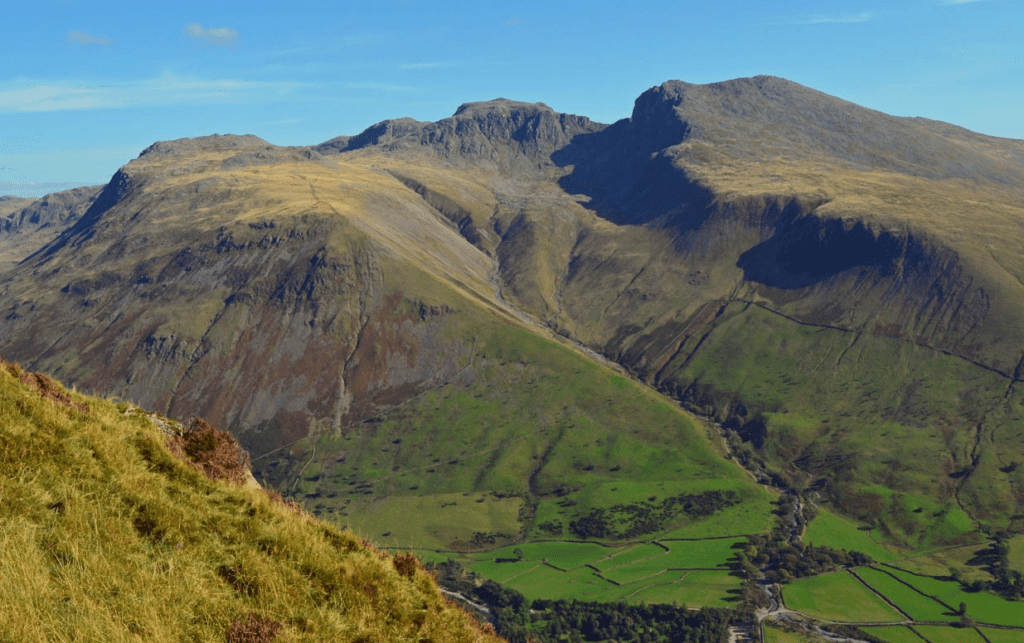
Photo Credit to Doug Sim
The park is home to sixteen major lakes, including Windermere, England’s largest lake, and Wastwater, its deepest. Surrounded by rolling hills and mountains, such as Scafell Pike, the highest peak in England, the scenery is a haven for hikers, cyclists, and nature enthusiasts. Tranquil waters, like Derwentwater and Ullswater, offer opportunities for boating and scenic cruises.

Photo Credit to Doug Sim
Quaint villages and market towns, such as Ambleside and Keswick, dot the landscape, each with its unique charm and often serving as a starting point for outdoor adventures. Grasmere, linked to the poet William Wordsworth, is a particularly idyllic spot.
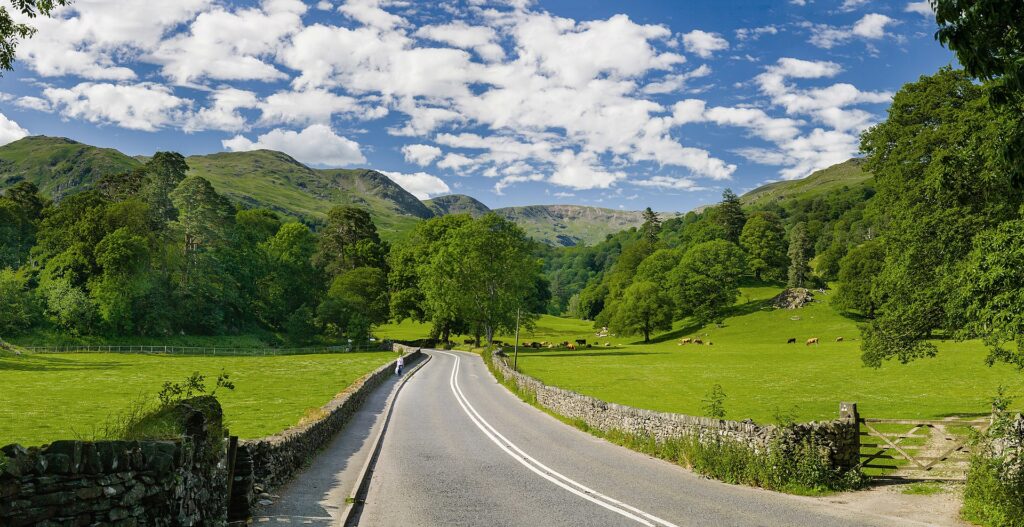
Photo Credit to Diliff
The Lake District has inspired numerous writers, including Wordsworth, Beatrix Potter, and John Ruskin. Visitors can explore sites connected to these literary figures, such as Wordsworth’s Dove Cottage and Potter’s Hill Top.
Gateway towns like Kendal and Windermere provide access to the Lake District, offering accommodations, shops, and local cuisine. With its poetic landscapes and cultural heritage, the Lake District National Park stands as a quintessential English destination, inviting visitors to explore its scenic wonders and literary legacy.
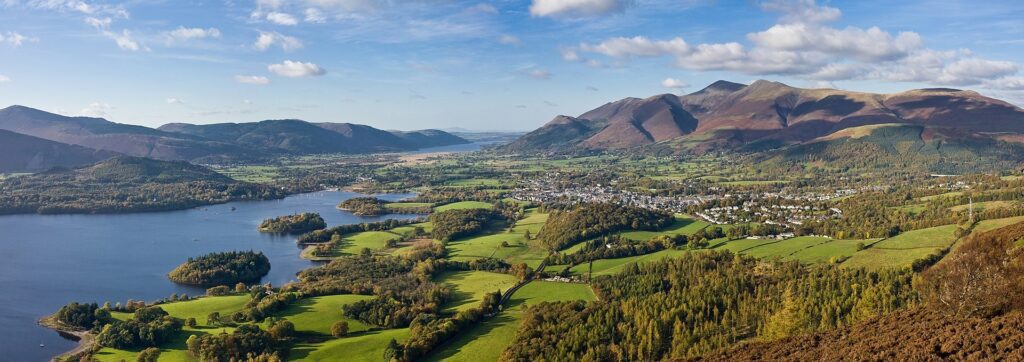
Photo Credit to Diliff
14. Vatnajokull, Iceland
Vatnajökull National Park, located in southeastern Iceland, is a stunning expanse of glaciers, ice caps, and diverse landscapes, making it the largest national park in Europe. Established in 2008, the park encompasses Vatnajökull, the largest ice cap in Europe, and a vast array of natural wonders.
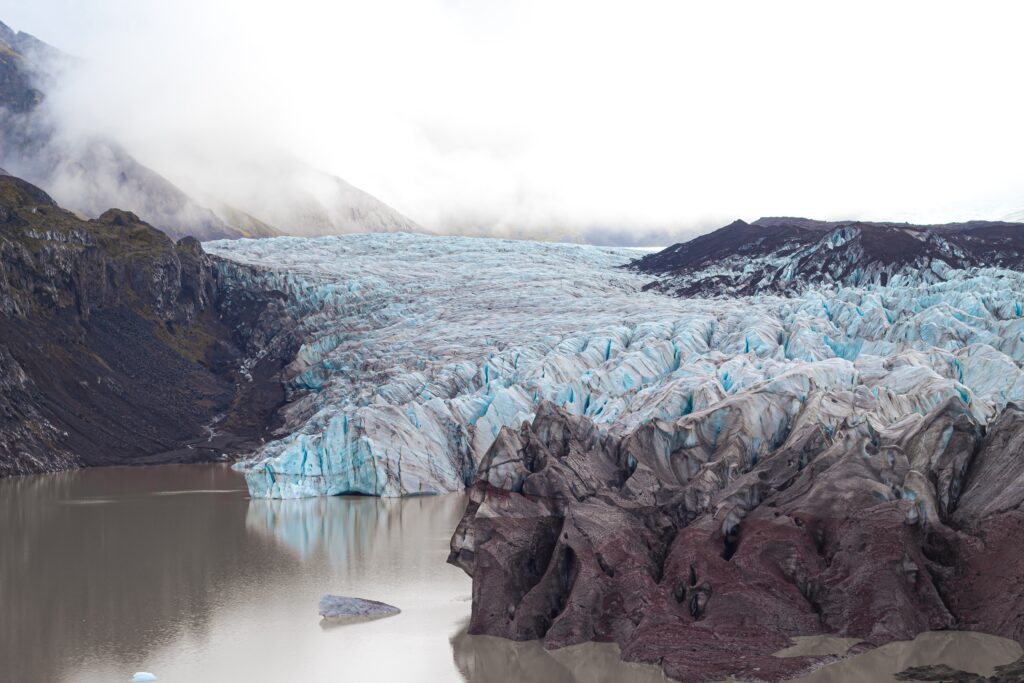
Photo Credit to Bianca Fazacas
The park is renowned for its otherworldly glacial features, including Vatnajökull Glacier, which covers about 8% of Iceland’s landmass. Spectacular ice formations, deep crevasses, and outlet glaciers like Svínafellsjökull attract adventurers and photographers alike.
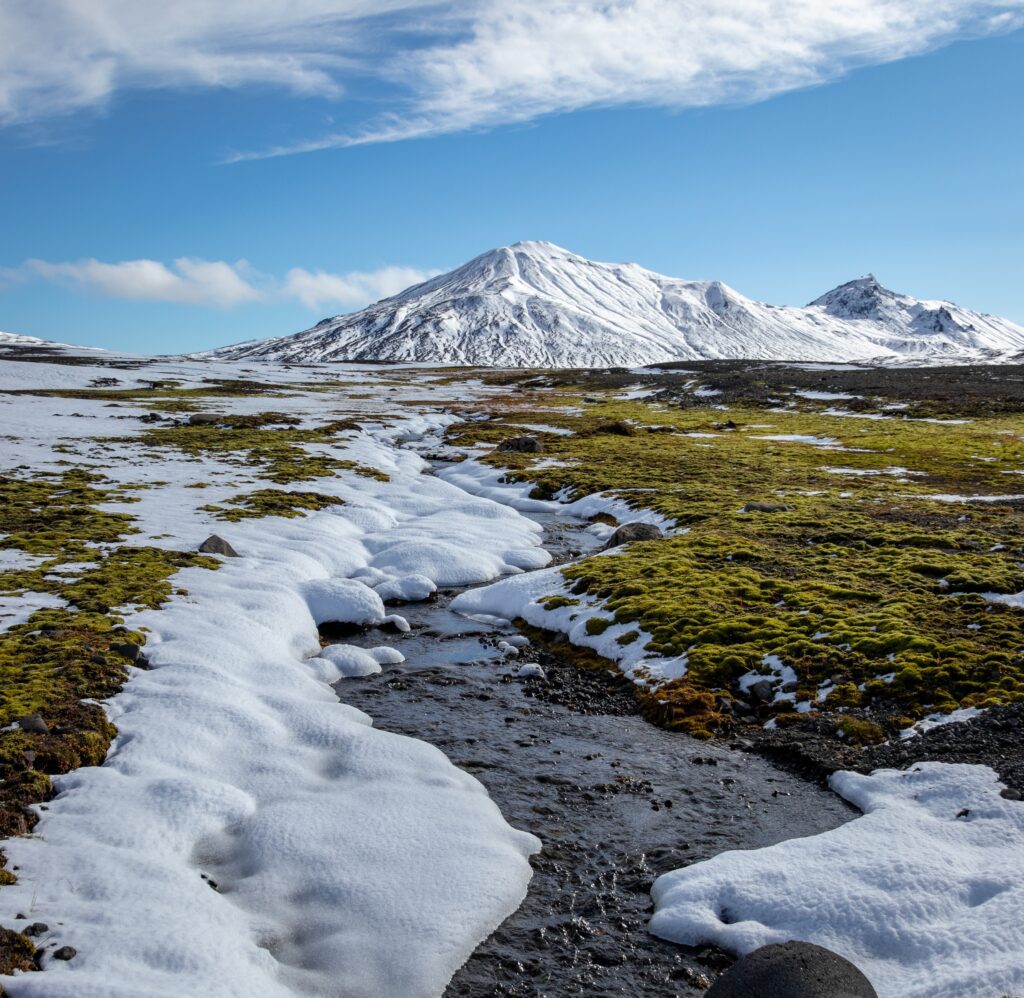
Photo Credit to Tomáš Malík
Vatnajökull National Park is not solely about ice; it also showcases contrasting landscapes. From the dramatic cliffs of the East Fjords to the surreal volcanic landscapes of Askja Caldera, the park offers a diverse range of natural wonders.
Skaftafell Nature Reserve, within the park, is a hiker’s paradise with trails leading to Svartifoss Waterfall and panoramic viewpoints. Jökulsárlón Glacier Lagoon, where icebergs float serenely, is another iconic attraction within the park.
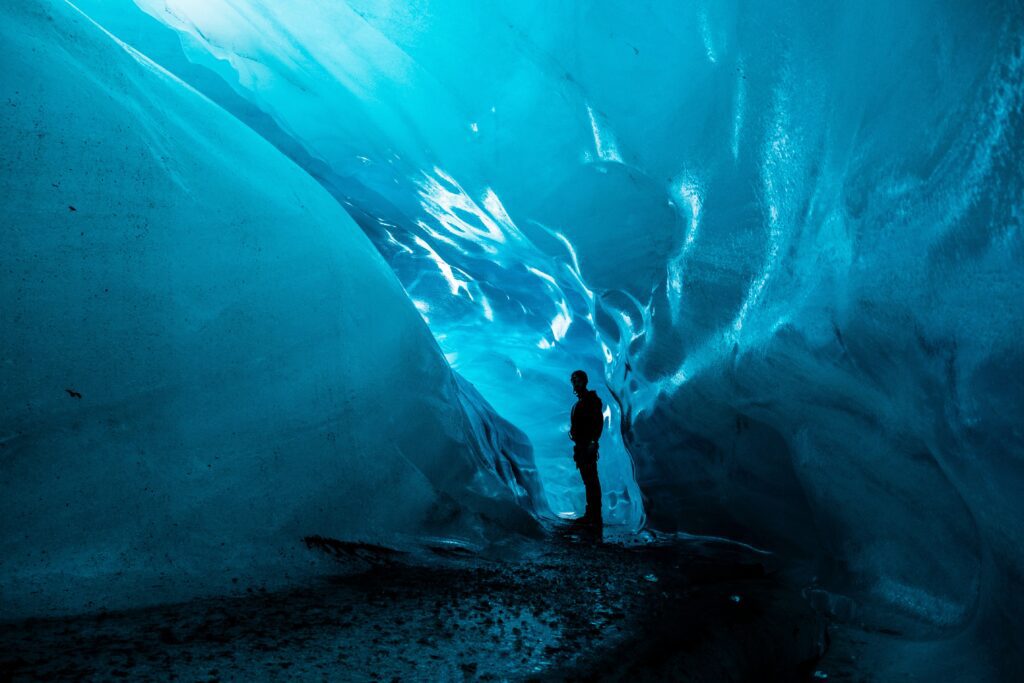
Photo Credit to Davide Cantelli
The park is rich in flora and fauna, providing habitat for Arctic foxes, reindeer, and various bird species. The dynamic interplay of fire and ice is evident in the region’s geothermal activity.
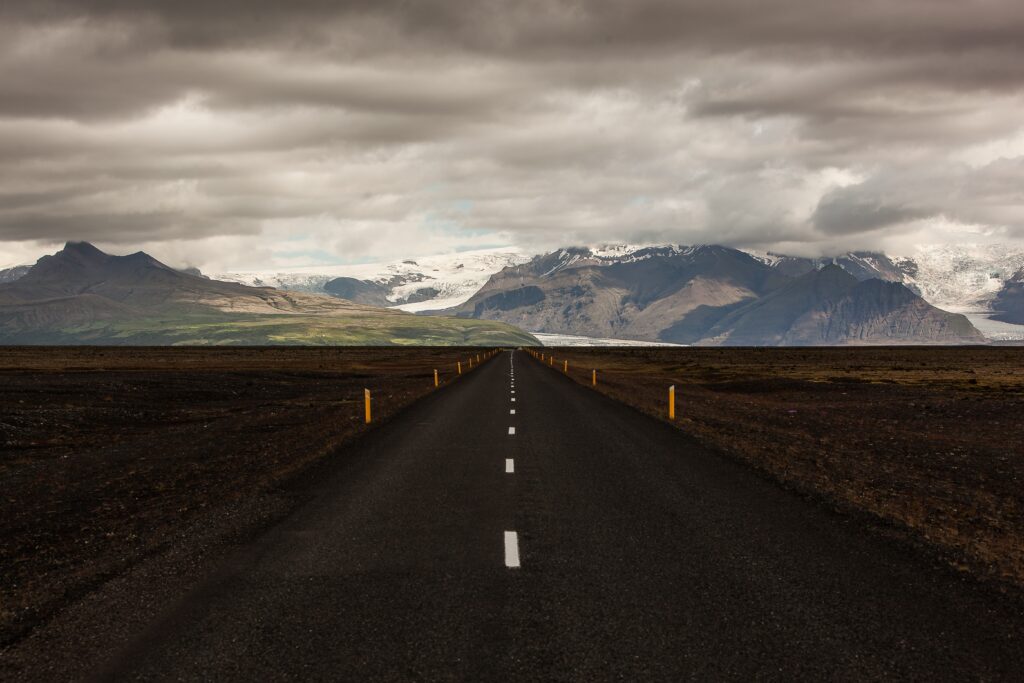
Photo Credit to Matt Palmer
The gateway towns of Höfn and Kirkjubæjarklaustur offer access to the park, providing accommodations, local cuisine, and guided tours. Vatnajökull National Park invites visitors to witness the captivating beauty of Iceland’s glacial landscapes and the extraordinary forces that shape its unique environment.
15. Kakadu, National Park
Kakadu National Park, located in the Northern Territory of Australia, is a vast and biodiverse landscape that showcases the country’s rich Aboriginal cultural heritage and unique ecosystems. Established in 1979 and recognized as a UNESCO World Heritage Site, Kakadu is the largest national park in Australia, spanning nearly 20,000 square kilometers.

Photo Credit to Tourism NZ
The park is characterized by a mosaic of landscapes, including wetlands, floodplains, savannas, and sandstone escarpments. The wetlands, such as Yellow Water Billabong, are teeming with wildlife, including crocodiles, water buffalo, and a myriad of bird species.
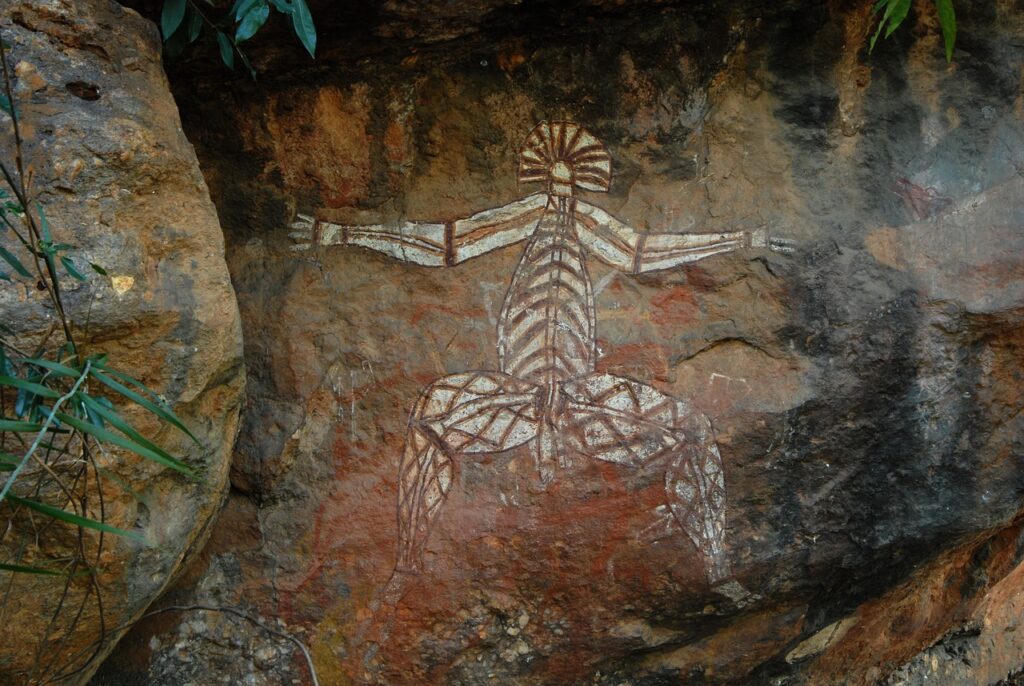
Photo Credit to hbieser
Kakadu is home to ancient Aboriginal rock art sites, some dating back thousands of years. Ubirr and Nourlangie Rock are renowned for their well-preserved rock paintings, depicting Dreamtime stories and traditional ways of life.
The park’s diverse ecosystems provide a haven for wildlife, including saltwater crocodiles and agile wallabies. Jim Jim Falls and Twin Falls are iconic waterfalls set amid the striking Arnhem Land Escarpment.
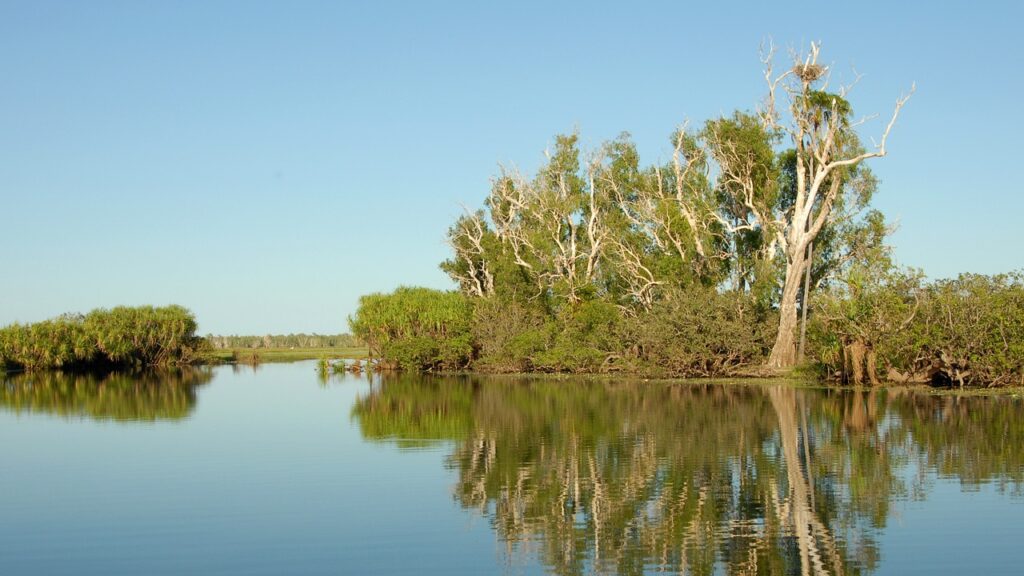
Photo Credit to hbieser
Visitors to Kakadu can explore the park through various walking trails, boat cruises, and cultural experiences. The Bowali Visitor Centre offers insights into the park’s natural and cultural significance.
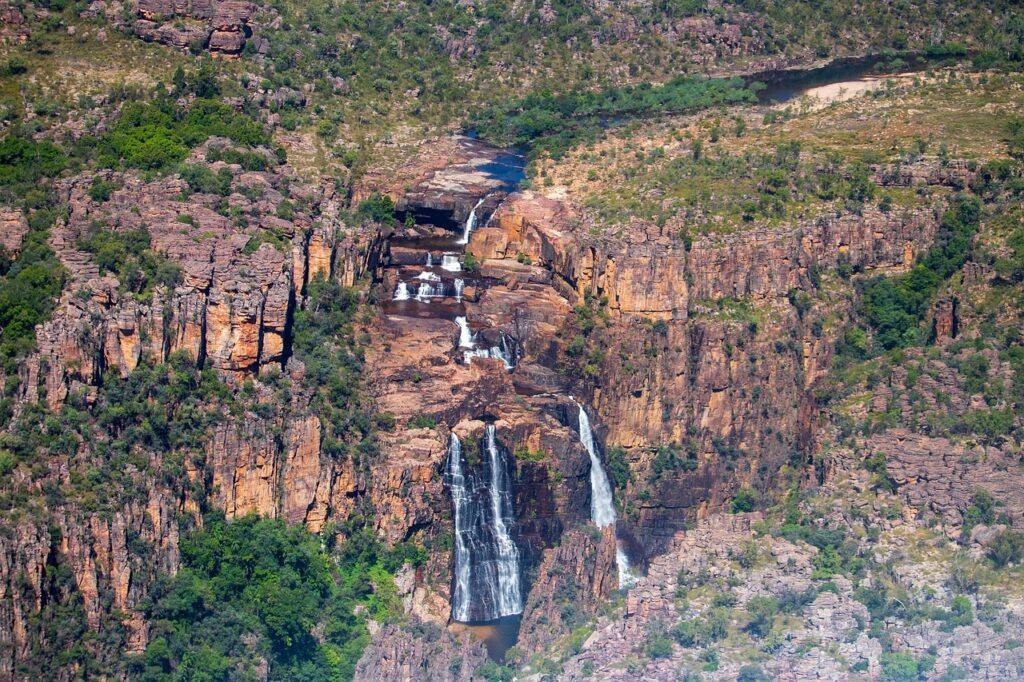
Photo Credit to Squirrel_Photos
The nearby town of Jabiru serves as the gateway to Kakadu, providing accommodations, guided tours, and amenities. Kakadu National Park invites travelers to appreciate the unique blend of natural wonders and Aboriginal culture, offering a captivating journey through Australia’s Top End.
Click here to GET IN TOUCH or Call us at (800) 294-5031
All World Travel – The Best Travel Experiences, Personalized for You.






